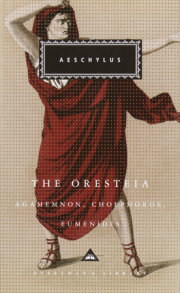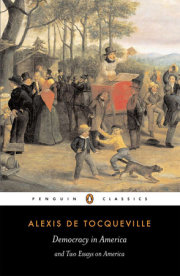Books for Universal Human Rights Month
For Universal Human Rights Month in December, we are sharing a collection of books that educate on the importance of the fundamental rights and freedoms of all people. Find the full collection of titles here.

Democracy in America has had the singular honor of being even to this day the work that political commentators of every stripe refer to when they seek to draw large conclusions about the society of the United States. Alexis de Tocqueville, a young French aristocrat, came to the young nation to investigate the functioning of American democracy and the social, political, and economic life of its citizens, publishing his observations in 1835 and 1840. Brilliantly written and vividly illustrated with vignettes and portraits, Democracy in America is far more than a trenchant analysis of one society at a particular point in time. What will most intrigue modern readers is how many of Tocqueville’s observations still hold true: on the mixed advantages of a free press, the strained relations among the races, and the threats posed to democracies by consumerism and corruption.
So uncanny is Tocqueville’s insight and so accurate are his predictions, that it seems as though he were not merely describing the American identity but actually helping to create it.
Democracy in America has had the singular honor of being even to this day the work that political commentators of every stripe refer to when they seek to draw large conclusions about the society of the United States. Alexis de Tocqueville, a young French aristocrat, came to the young nation to investigate the functioning of American democracy and the social, political, and economic life of its citizens, publishing his observations in 1835 and 1840. Brilliantly written and vividly illustrated with vignettes and portraits, Democracy in America is far more than a trenchant analysis of one society at a particular point in time. What will most intrigue modern readers is how many of Tocqueville’s observations still hold true: on the mixed advantages of a free press, the strained relations among the races, and the threats posed to democracies by consumerism and corruption.
So uncanny is Tocqueville’s insight and so accurate are his predictions, that it seems as though he were not merely describing the American identity but actually helping to create it.
For Universal Human Rights Month in December, we are sharing a collection of books that educate on the importance of the fundamental rights and freedoms of all people. Find the full collection of titles here.
Get the latest news on all things Higher Education.
Learn about our books, authors, teacher events, and more!
Our mission is to foster a universal passion for reading by partnering with authors to help create stories and communicate ideas that inform, entertain, and inspire.



































































































